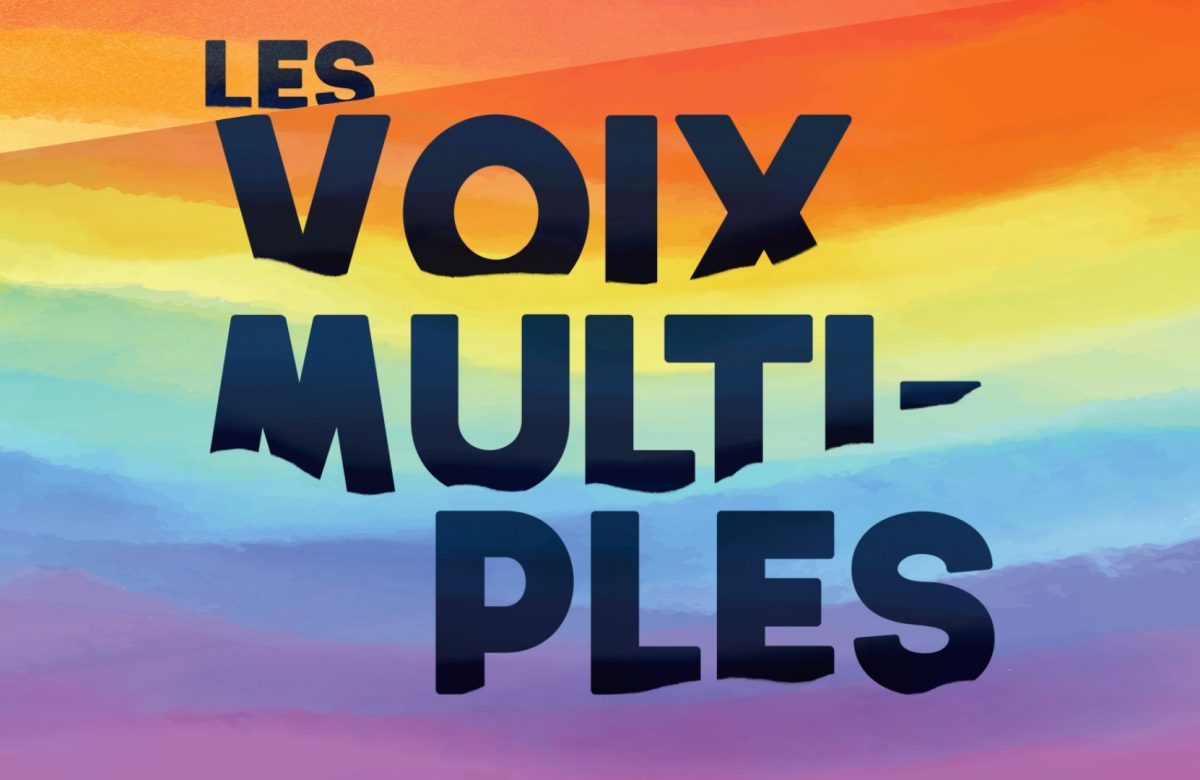Together for Sexual and Gender Diversity
An inclusive environment is one where everyone is respected equally, feels safe, and has access to the same benefits. As a member of the INRS community, you can help maintain inclusive and safe environments for people of every orientation and gender.
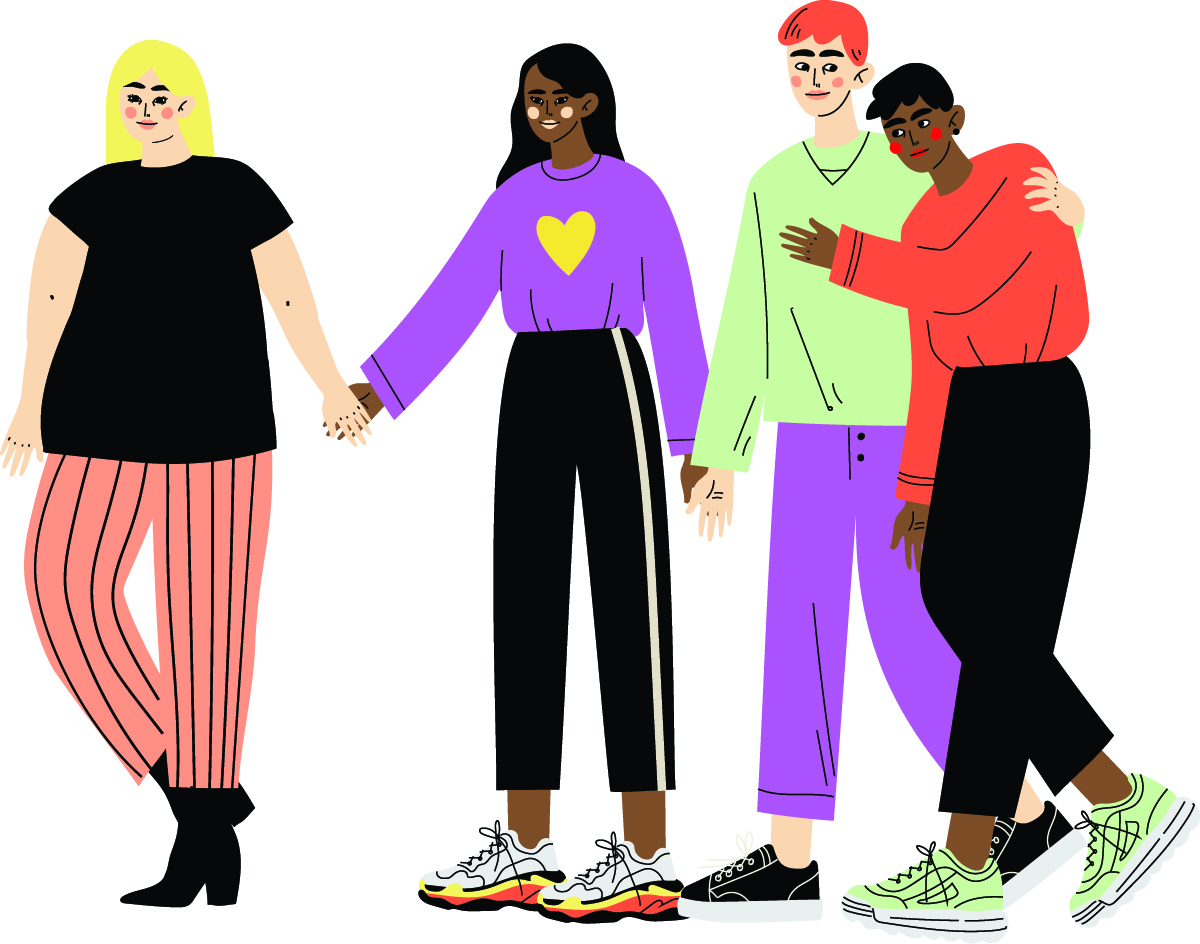
Awareness campaign 2021-2022
Want to help maintain an inclusive and safe environment? Here are some tips by Géraldine Delbès, professor, and Maude Cloutier, doctoral student in biology.
- Read the INRS Harassment, Discrimination, and Incivility Policy (available in our normative documents).
- Take the training offered by INRS on inclusive and safe environments for gender and sexual diversity.
- Learn the vocabulary related to gender and sexual diversity by reading the Fondation Émergence’s and Interligne’s lexicons.
- Remind your team and colleagues that there is a zero-tolerance policy for homophobic, lesbophobic, biphobic, and transphobic comments or any other discriminatory acts.
- Learn how to recognize and confront homophobic, lesbophobic, biphobic, and transphobic violence and discrimination using the R.A.V.E.N. Approach.
- Do not assume the sexual orientation or gender identity of others. You can avoid assumptions by asking open-ended questions, using inclusive communication and writing (PDF guide, in French only), and avoiding heteronormative and cisnormative stereotypes.
- Respect and use your peers’ first names and pronouns and normalize sharing pronouns with others.
- Remind people of INRS’s commitment to maintaining inclusive and safe spaces on your webpages and in your official communications.
- Display the INRS stickers promoting safe and inclusive environments for people of all sexual orientations and gender identities in the places where you work and study.
- Celebrate events such as the International Day Against Homophobia, Transphobia, and Biphobia, as well as Pride Month, on your lab’s and research team’s social media accounts and webpages.
Why share inclusive pronouns?
One way to create and normalize a space where people can share their pronouns is to start by sharing yours. Sharing pronouns is an important part of respecting everyone’s identity. People with diverse gender identities and gender expressions are not always able to publicly display their identity in their study or work environments, which means that they are often likely to be misgendered.
In some cases, sharing their pronouns may even lead to negative repercussions. Pronoun sharing is a way to support people of all gender identities and expressions in their daily lives and contribute to a safer, more inclusive workplace for the entire INRS community. See the electronic signature template on the intranet.
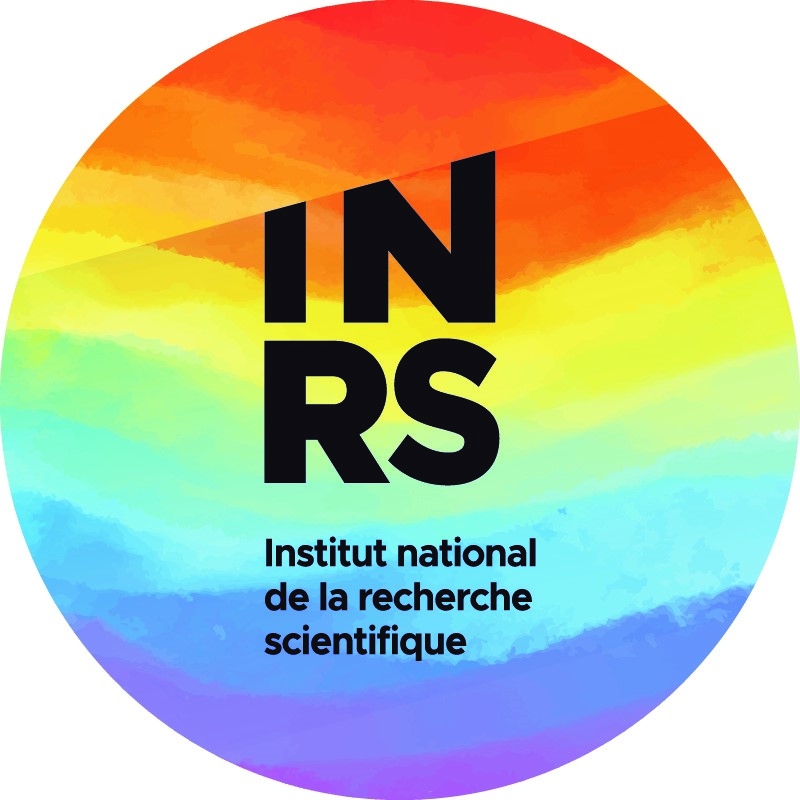
Show your colors
You can go to your research centre’s reception desk to get colourful stickers celebrating gender and sexual diversity. For the Eau Terre Environnement Research Centre, please contact the Academic Programs coordinator.
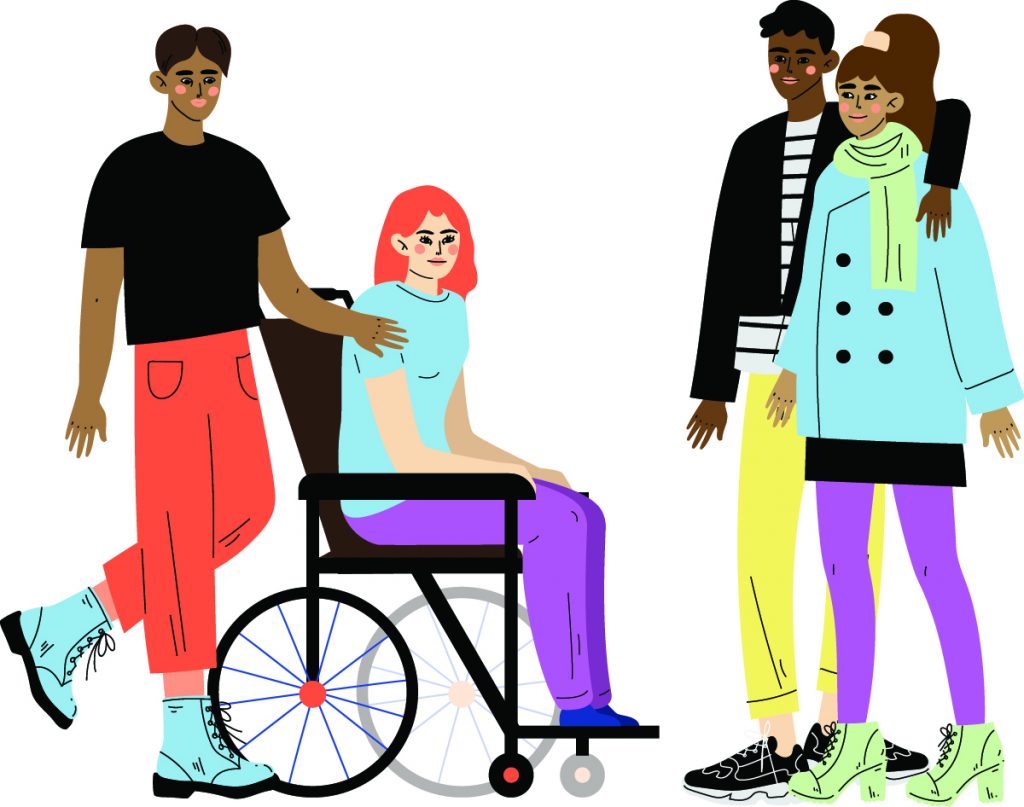
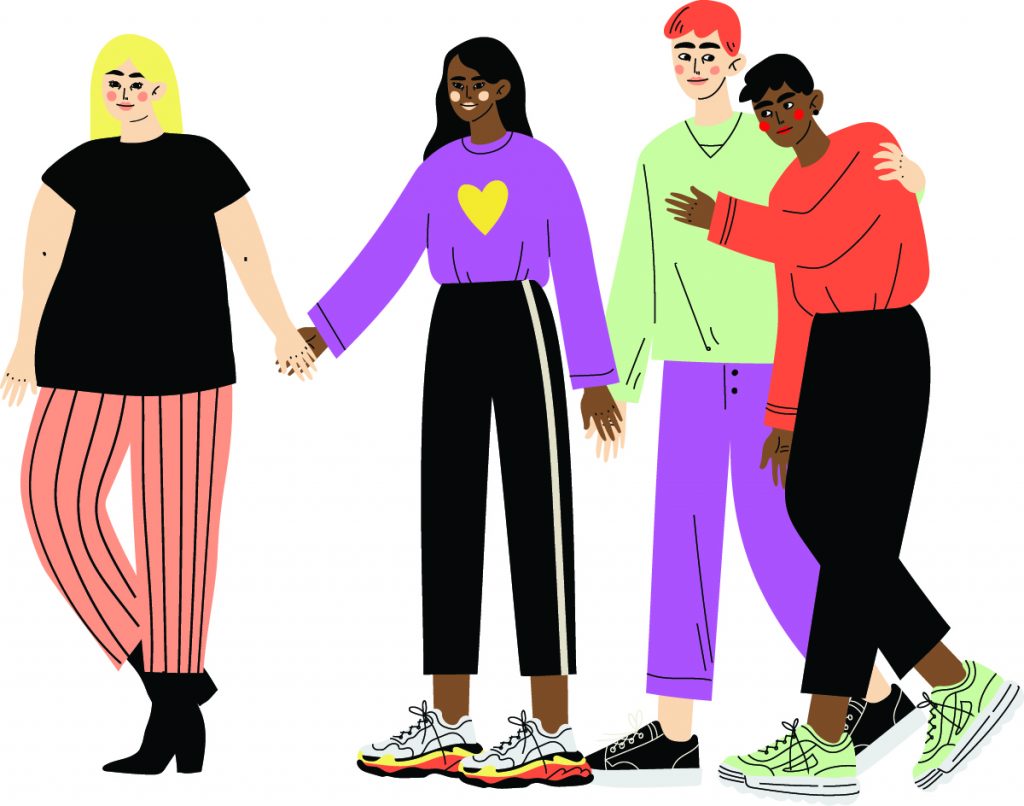


A podcast series about the reality of LGBTQ2+ people in the academic world
Moving to a university environment is a step towards self-affirmation for many people. But is this also the case for members of the LGBTQ+ communities? Are universities welcoming and inclusive environments for people of sexual and gender diversity?
That’s the question the Institut national de la recherche scientifique (INRS) asks in the podcast Les voies multiples.
The four-part series (available in French only) highlights six life journeys to raise awareness of the realities and challenges that students, faculty and employees from LGBTQ+ communities face in the academic world. It helps universities and their communities become better allies.
Multiple voices is available on all main listening platforms.
Episode 1
Six voices, six identity paths
In this first episode, we introduce you to the identity journeys of six LGBTQ+ individuals from the INRS community, that you will hear from throughout this series. Their unique and revealing stories give us insight into the importance of providing safe spaces for people of sexual and gender diversity so they can affirm and take their rightful place within universities.
Episode 2
LGBTQ+ experiences in academia
Mathilde and Steven are two international students who chose Québec to study. Their identity makes them consider their academic experience from a different perspective. How will Mathilde and Steven be received by their colleagues? Who will act as their role model along the way? Listen to their story about their university experience in this 2nd episode.
Episode 3
What can universities do?
Based on their experiences as professors and doctoral students, Géraldine and Amélie take a closer look at how far educational institutions have come in terms of inclusion. They also share initiatives that have been put in place, at INRS and elsewhere, to raise awareness about the realities of LGBTQ+ people and to improve universities’ inclusivity.
Episode 4
Allies make the difference
Maude and Simon explain how people around them can make all the difference in whether or not they feel like they belong in an academic or work environment. It is essential to have a sensitive and caring environment that is open to the realities of people who identify as LGBTQ+.
The project was made possible thanks to funding from the ministère de l’Enseignement supérieur du Québec.
The podcast series was produced by INRS and directed by RECréation.
Production
Soraya Elbekkali
Original music and animation
Antoine Bédard
Editing
Emma Bertin
Recording and mixing
Studio Bulldog

Are you being harassed, bullied, or discriminated against? You have options!
Homophobia, transphobia, lesbophobia, and biphobia can negatively affect the academic and work lives of sexually- and gender-diverse people. The consequences of such behaviours are significant: they create an unsafe work environment, increase anxiety, and make people feel unsafe or unwelcome in the community.
In Québec, sections 10 and 10.1 of the Charter of Human Rights and Freedoms prohibit discrimination and harassment based on sexual orientation, gender identity, and gender expression.
No form of incivility, discrimination, or harassment whatsoever should be tolerated. INRS strongly encourages you to report events as soon as they occur. As set out in INRS’s Harassment, Discrimination, and Incivility Policy, you may file a complaint by sending an email to the intervention, prevention, and complaints office.

Resources
- Isabelle Queval, psychologist at INRS: psychologie@inrs.ca
- INRS Employee and Student Assistance Program
- Interligne | 1-888-505-1010
- GRIS Québec and GRIS Montréal (both websites in French)
- Commission des droits de la personne et des droits de la jeunesse
Do you have questions about equity, diversity, and inclusion? Get in touch with us confidentially.

